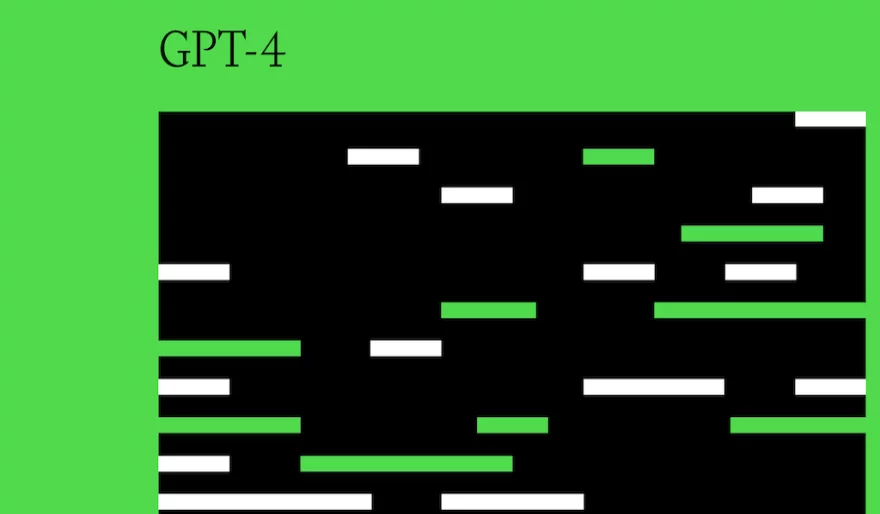Stay Ahead of the Curve
Latest AI news, expert analysis, bold opinions, and key trends — delivered to your inbox.
OpenAI's GPT-4 Scores Higher Than Majority of Humans in Standardized Tests
3 min read Impressively, GPT-4 could score high enough to earn college credit in AP Art History, Biology, Calculus BC, and Chemistry. March 16, 2023 15:05
OpenAI, the machine learning software company, has unveiled its latest AI model, GPT-4, which it claims is the most advanced system yet. The company boasts that the AI has an "unprecedented" stability and proficiency, with the ability to excel in standardized tests without any specific training. In simulated exams, GPT-4 scored in the 90th percentile or higher for the bar exam, the verbal GRE, and the reading and writing sections of the SAT, surpassing the majority of human test-takers. Impressively, GPT-4 could score high enough to earn college credit in AP Art History, Biology, Calculus BC, and Chemistry.
Moreover, OpenAI claims that the AI will be able to write in multiple coding languages, generate narrative scripts, answer complex questions, and interact with images. GPT-4 is the latest version of OpenAI's Generative Pre-trained Transformer models, which use machine learning to generate text from the material it has been trained on. The company will sell access to the AI through a waitlisted, token-based system.
OpenAI acknowledges that GPT-4 has the potential to significantly impact society both positively and negatively. The company is collaborating with external researchers to evaluate potential impacts and build assessments for dangerous capabilities that may emerge in future AI systems. OpenAI's previous model, GPT-3, has been used by companies to develop realistic AI companions, mental health counseling, and chatbots, with varying degrees of success.
Founded in 2015 as an open-source, non-profit research group, OpenAI has since become a for-profit company and a leading player in the AI arms race. However, there are concerns about the potential malicious applications of this technology, leading OpenAI to be cautious in releasing GPT-2's source code. While the company remains hopeful that GPT-4 will bring significant benefits, they are also mindful of the potential for harmful outcomes.



















 AI Agents
AI Agents